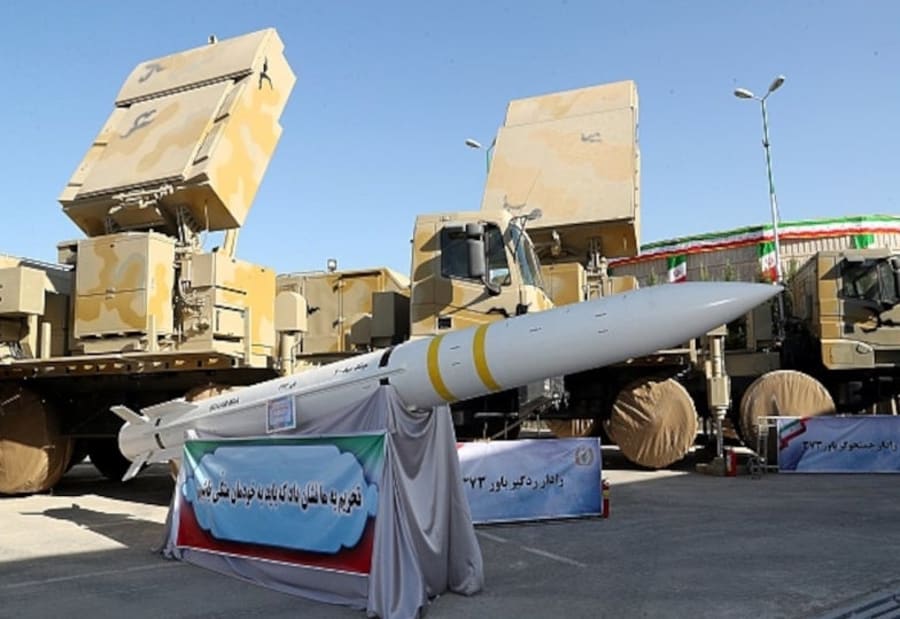Report: Iran and proxies going on high alert for fear of Israeli retaliation
Hezbollah prepared for immediate response on Sunday

Iran and its proxy forces in the Middle East are preparing for a possible attack from Israel, even as Israel's allies and Western nations continue their efforts to persuade Israel to not retaliate against the Iranian regime for the unprecedented attack last weekend.
After the regime announced it was preparing its Air Force for an attack and that its navy would begin escorting its commercial ships in the Red Sea, the chief of the UN's International Atomic Energy Agency (IAEA), Rafael Grossi, said on Monday that Iran’s nuclear facilities were closed over the weekend, in a move most likely intended to protect them.
The Wall Street Journal reported on Wednesday that Iran had also evacuated some of its operatives from the Republic of Syria.
The Islamic Revolutionary Guard Corps (IRGC) has built up a significant presence across Syria and Lebanon in recent years to prop up the Syrian Assad regime, as well as to facilitate weapons deliveries to its main proxy Hezbollah.
According to the report, the IRGC has gone on high alert and enacted emergency protocols for its facilities in Syria that include leaving only a few soldiers present during the night, when they estimate an Israeli strike is most likely.
A building next to the Iranian embassy in Damascus that served IRGC officers as a meeting place was destroyed by a strike on April 1st, causing Iran to blame Israel and respond with its drone and missile attack early Sunday morning.
Iran blamed Israel for an airstrike on a building used as a meeting place for IRGC officers near the Iranian embassy in Damascus on April 1. In response, Iran conducted a drone and missile attack early on Sunday morning.
While some reports suggested Israel was looking to retaliate on Iranian soil, other experts said the strikes against Iranian proxies, especially in Lebanon and Syria, could serve Israel’s purpose without escalating the war any further.
The Hezbollah terrorist organization in Lebanon had already gone on high alert over the weekend out of fear that Israel would retaliate immediately.
Syrian officials said Hezbollah intensified its intel-gathering efforts on the Syrian-Israeli border to prepare for an eventual attack.
However, a source told the WSJ that the Lebanese terror group may no longer believe Israel will attack and has subsequently lowered its defenses.
While European officials on Wednesday reiterated their opposition regarding Israel's potential counter-attack against Iran, Prime Minister Benjamin Netanyahu asserted that Israel “will make our own decisions, and the State of Israel will do everything necessary in order to defend herself.”
Israel has decided to retaliate against Iran and its proxies in a strike, but has not yet determined when it would do so, sources told The Jerusalem Post on Tuesday.

The All Israel News Staff is a team of journalists in Israel.
You might also like to read this:















